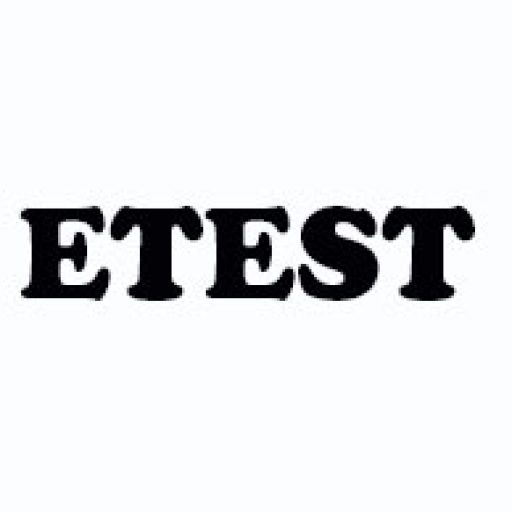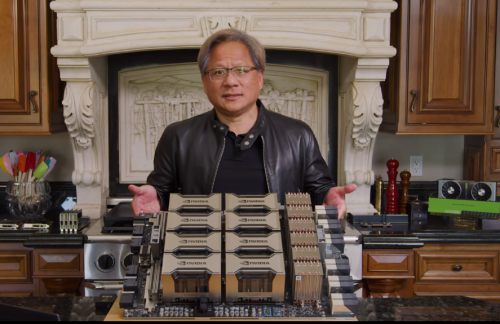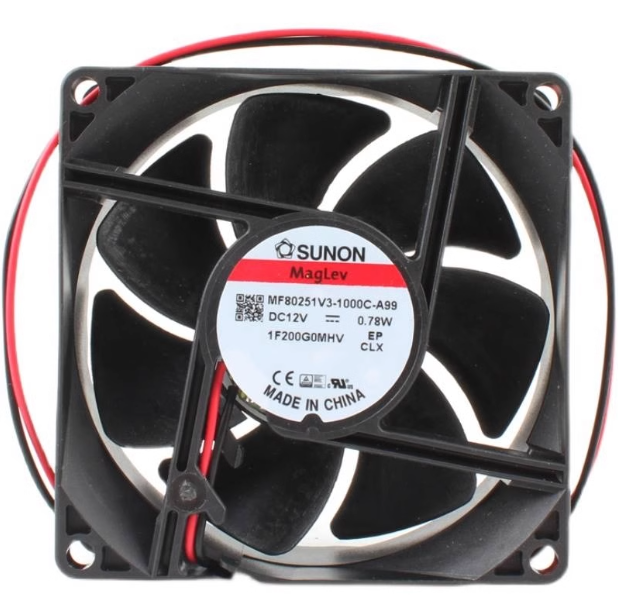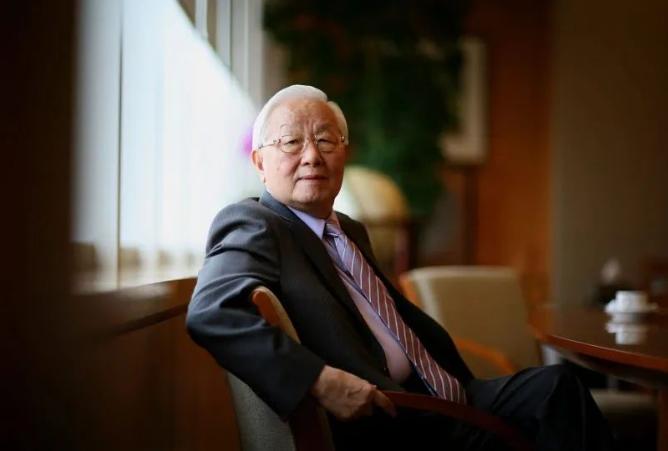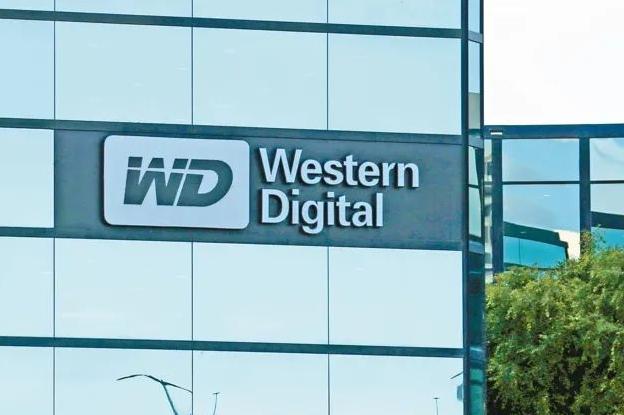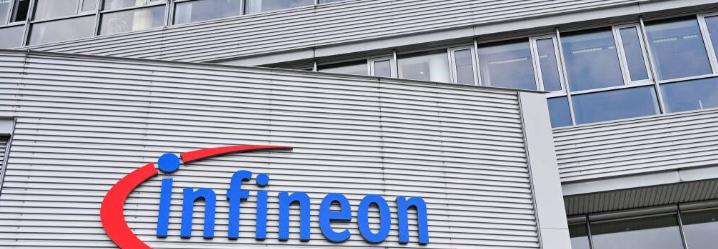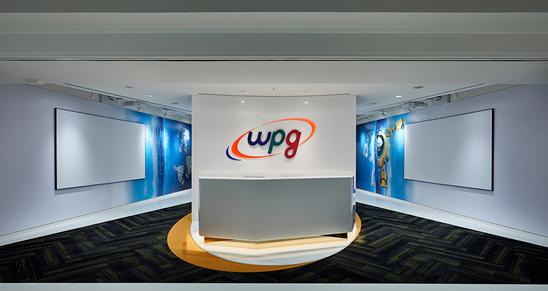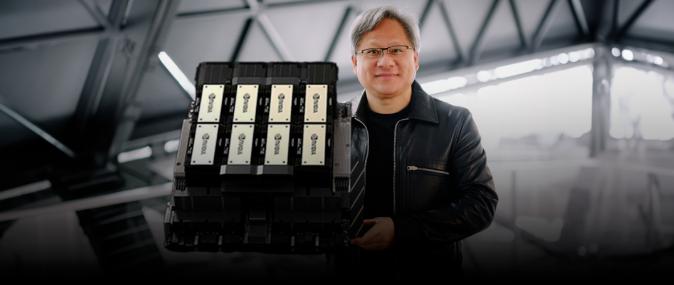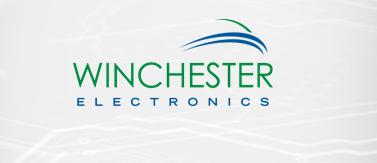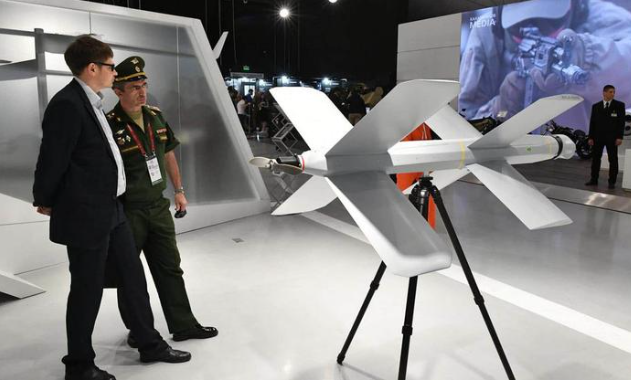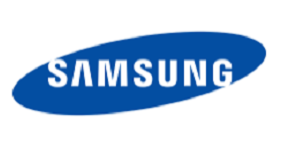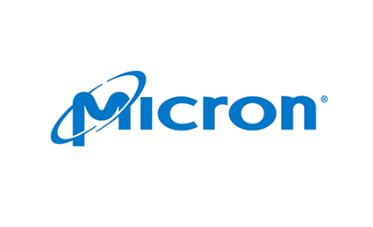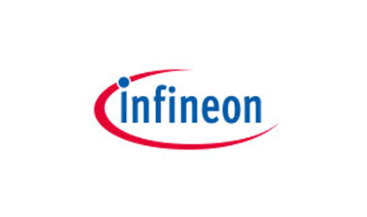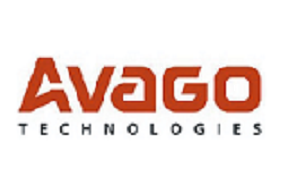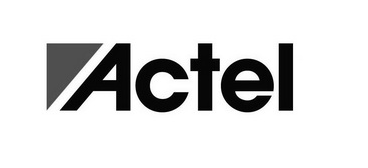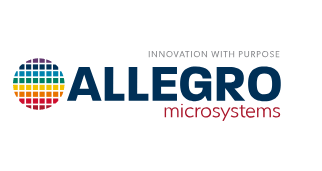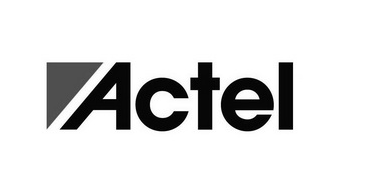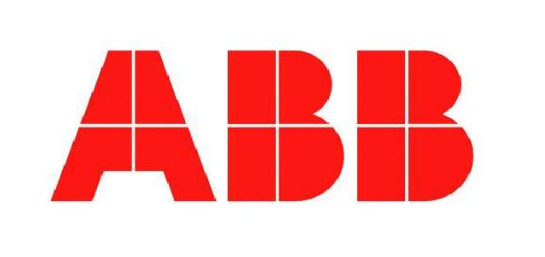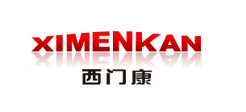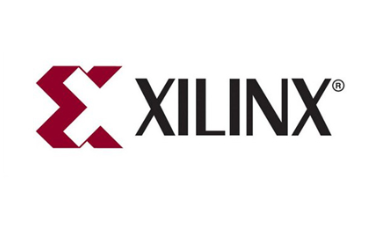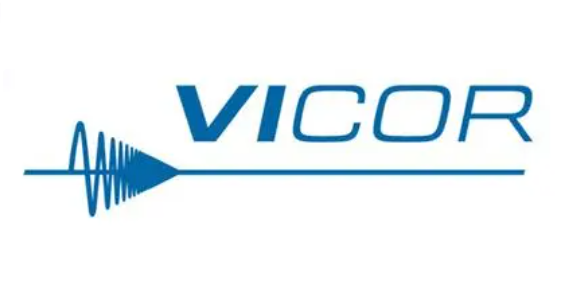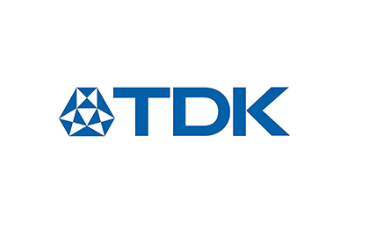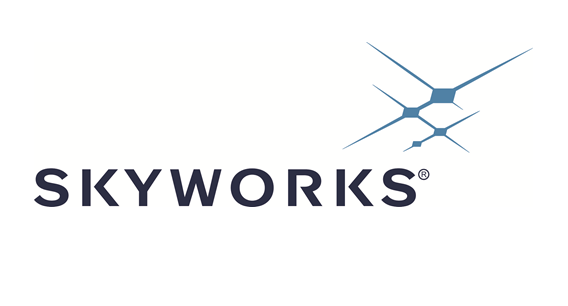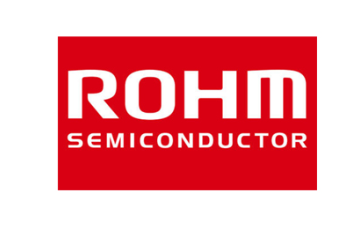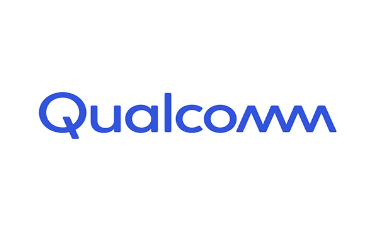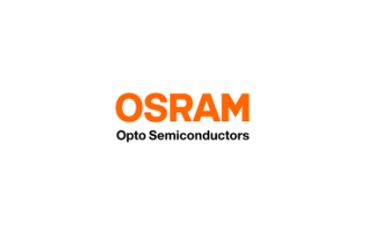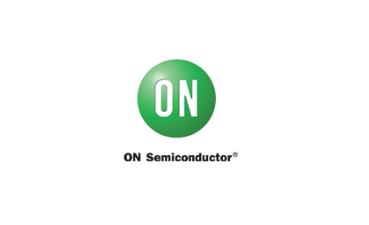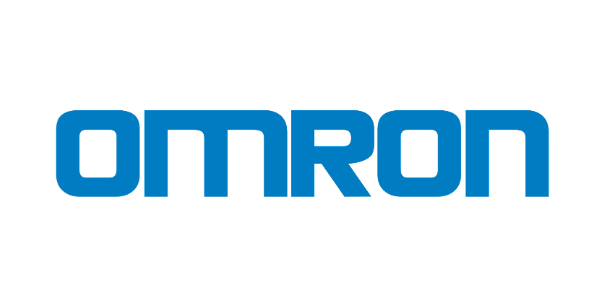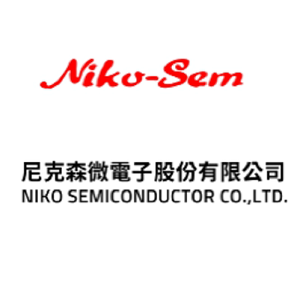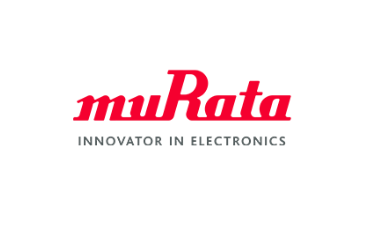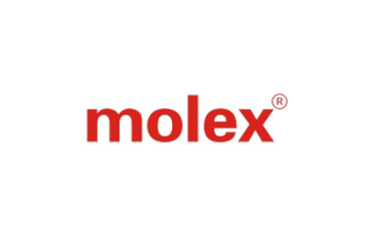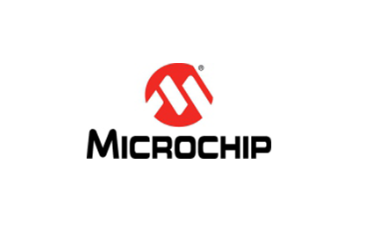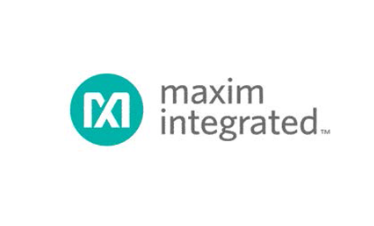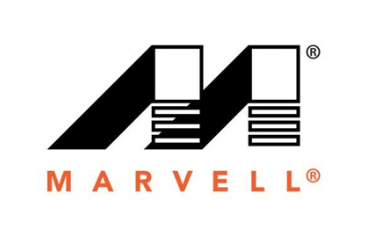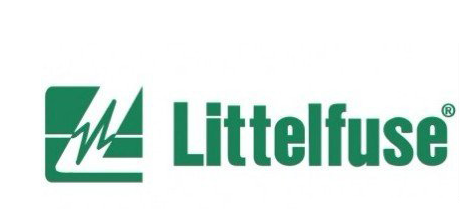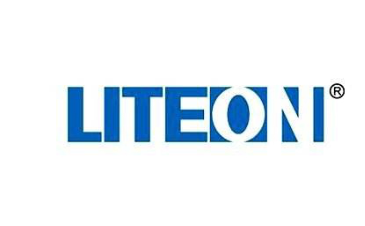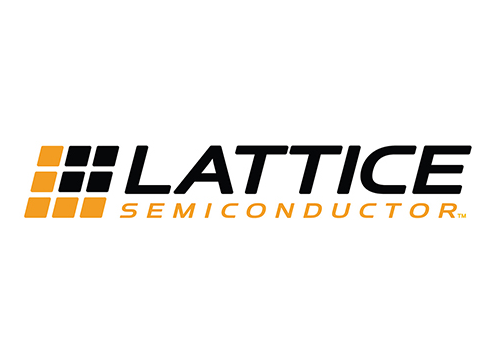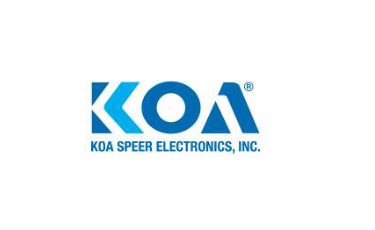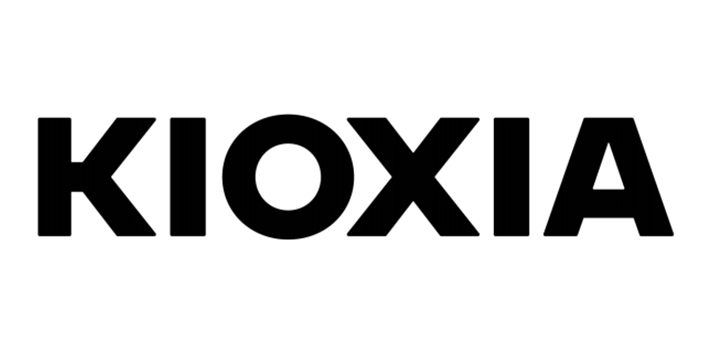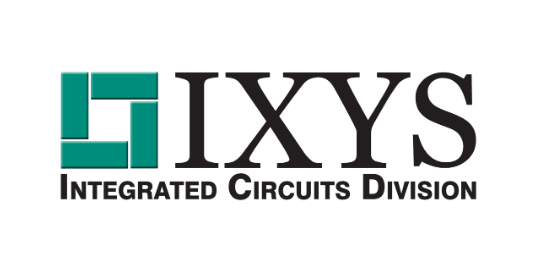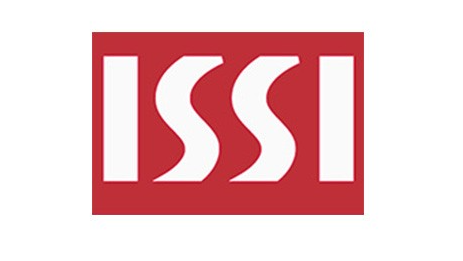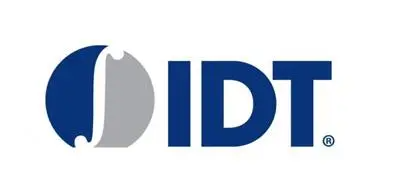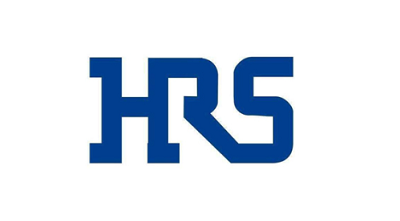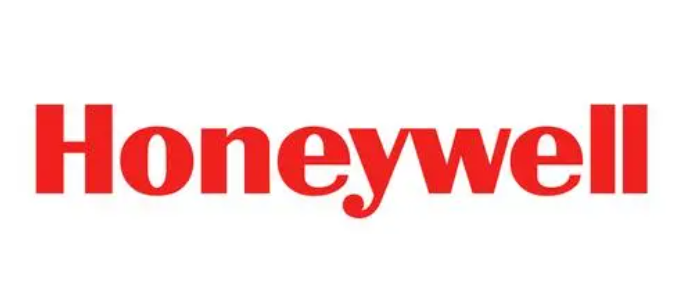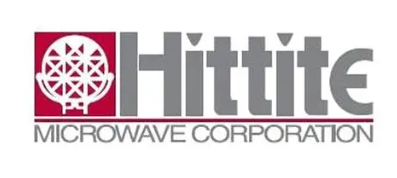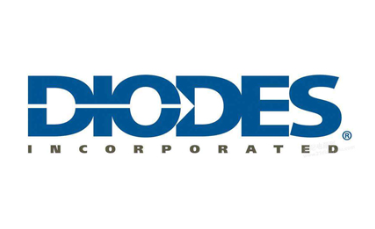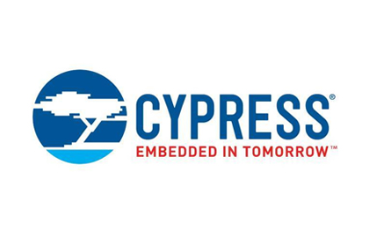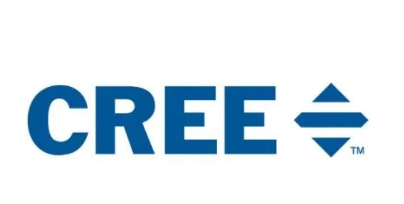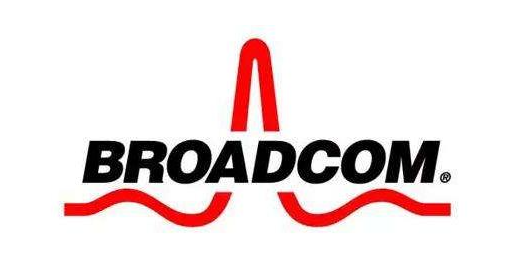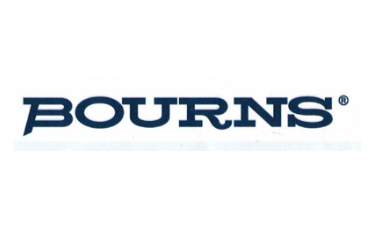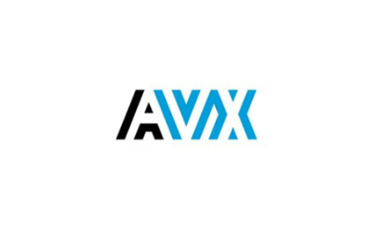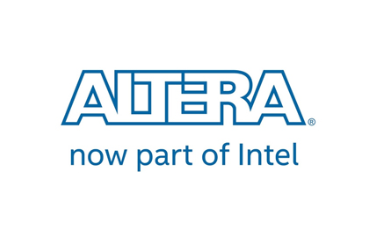TSMC’s Morris Chang says tougher competition in store for chipmaker
Founder adds Japan and Singapore are well-positioned to win as industry evolves
HSINCHU, Taiwan — Taiwan Semiconductor Manufacturing Co. (TSMC) founder Morris Chang warned that the company can expect to face tougher competition, as rivals like Intel leverage the desire of governments around the world to build up chipmaking capacity as a matter of national security.
“In the semiconductor space, there is no globalization anymore; there is no free trade anymore,” Chang said Saturday during TSMC’s annual Sports Day in Hsinchu, in northwestern Taiwan. “The priority is national security only. I see this global competition going on. Our competitors may take advantage of this geopolitical trend, and want to beat us.”
One of the competitors Chang mentioned by name was U.S.-based Intel. The biggest American chipmaker is stepping up efforts to get into contract chip manufacturing, also known as the foundry business, an area dominated by TSMC. Chang pointed out that U.S. President Joe Biden has twice invited Intel CEO Pat Gelsinger to attend his State of the Union address to Congress as the country pushes to rebuild its semiconductor manufacturing industry.
Both Intel and TSMC have announced massive investment plans to build cutting-edge chipmaking plants in the U.S.
When it comes to bringing high-tech manufacturing back to the U.S., “the U.S. chose Intel CEO Pat Gelsinger as the model [to show its ambition], not TSMC Chairman Mark Liu,” Chang told reporters at the event. “It’s a very high recognition for Intel. It’s a big honor for them [to be invited].”
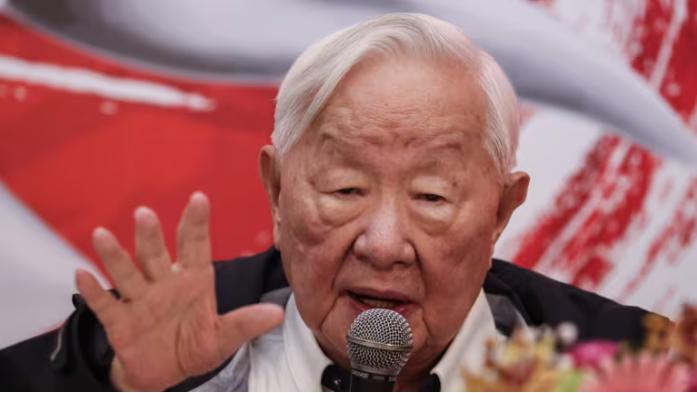
TSMC founder Morris Chang speaks to reporters at a news conference after attending a sports day event in Hsinchu, Taiwan, on 14th Oct. 2023
Looking ahead, he said Intel will have a good chance of competing only if it can offer its foundry clients the same level of service, reliability, scale and price as TSMC. He said he was not too worried about that happening, but there was still an outside chance TSMC would have to overcome that challenge.
In answer to Nikkei Asia’s question about which regions among the U.S., Europe, Japan and Southeast Asia have the best chance of emerging as winners in the chip race, Chang singled out Japan and Singapore.
“I think Japan and Singapore have good conditions for [chip manufacturing],” he said. “The working culture in Japan is also very good.” He recalled the positive experience he had five decades ago, when he helped Texas Instruments set up a chip packaging and assembly facility in Kyushu, in southwestern Japan. “Water and electricity are abundant there as well.”
TSMC is building an $8 billion facility in Kyushu and is planning another, more advanced plant there. Progress on the first plant has been going more smoothly than at TSMC’s more expensive cutting-edge facility in the U.S. state of Arizona.
Looking at the chip industry over the long term, the 92-year-old emphasized how powerhouses can rise and fall.
He pointed to the U.S. chip industry as an example, which according to him had its heyday from 1955 to the early 1970s. “Back then, its chip manufacturing environment was very good, just like Taiwan’s environment today. But it changed over time and became not as good. But the U.S. has upgraded, and now many high-value chip developers have emerged.”
Chang said the chipmaking environment in Taiwan, where TSMC is based and has the majority of its chip production, could also change over the next 20 or 30 years as the economy continues to evolve, just like the U.S.
“Who will be the next chip manufacturing powerhouses? Maybe India, Vietnam or Indonesia. Who knows?”
台积电创始人张忠谋警告说,该公司预计将面临更激烈的竞争,因为英特尔等竞争对手利用世界各国政府希望增强芯片制造能力的愿望从而迅速发展。
张忠谋10月14日在台积电年度运动会上表示,“在半导体领域,不再有全球化,不再有自由贸易,当务之急只是国家安全。我看到这种全球竞争正在进行。我们的竞争对手可能会利用这种地缘政治趋势,并希望击败我们。”
台积电的竞争对手之一是英特尔公司。这家美国最大的芯片制造商正在加紧进军代工芯片制造领域,该领域由台积电主导。
英特尔和台积电均宣布大规模投资计划在美国建设尖端芯片制造工厂。
在谈到将高科技制造业带回美国时,张忠谋称,“美国选择了英特尔CEO帕特·基辛格(Pat Gelsinger)作为榜样(以显示其雄心),而不是台积电董事长刘德音。这是对英特尔的高度认可。”
展望未来,张忠谋表示,英特尔只有能够为其代工客户提供与台积电相同水平的服务、可靠性、规模和价格,才有很大的竞争机会。他表示,他并不太担心这种情况的发生,台积电仍有可能克服这一挑战。
在回答关于美国、欧洲、日本和东南亚中哪些地区最有可能成为芯片竞赛获胜者的问题时,张忠谋特别指出了日本和新加坡。
张忠谋表示,50年前就曾为了德州仪器(TI)到过日本九州,他觉得九州的土地、水、电比较充裕,整个日本的工作文化很好,新加坡也是晶圆厂营运的好地方。
台积电正在九州建设一座价值80亿美元的工厂,并计划在那里建造另一座更先进的工厂。与台积电位于美国亚利桑那州的更昂贵的尖端工厂相比,日本第一座工厂的进展更为顺利。
从长远来看芯片行业,这位92岁的老人强调了巨头如何兴衰。
他以美国芯片行业为例,他认为美国芯片行业的鼎盛时期是从1955年到20世纪70年代初,“当时它的芯片制造环境非常好,但随着时间的推移,情况变得不那么好了。但美国升级了,现在出现了很多高价值的芯片开发商。”
张忠谋表示,随着经济的不断发展,中国台湾芯片制造环境也可能在未来20或30年内发生变化,就像美国一样。
“谁将成为下一个芯片制造强国?也许是印度、越南或印度尼西亚。谁知道呢?”
